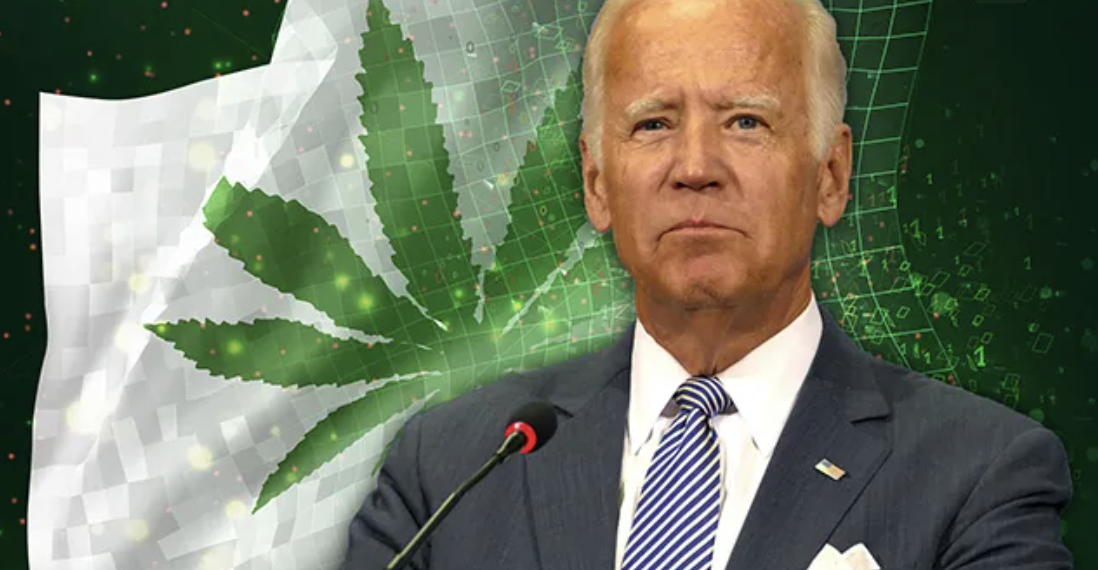Written by: Jake Smiths
The landscape of cannabis legislation in the United States is on the cusp of a transformative era, poised for potentially significant changes following the upcoming elections. A confluence of factors, including widespread public support, state-level legalization movements, and evolving federal attitudes, suggests that national legalization could soon become a reality. A pivotal indicator of this shift is the finding that as of 2023, 70% of U.S. adults support the legalization of marijuana, reflecting a dramatic change in public sentiment over the past few decades.
The disparity between state and federal cannabis laws has been a defining feature of the U.S. legal landscape for years. As of April 24, 2023, medical use of cannabis is permitted in 38 states, three territories, and the District of Columbia. Furthermore, as of November 8, 2023, recreational cannabis use is regulated in 24 states, two territories, and the District of Columbia, underscoring a trend towards greater acceptance and normalization of cannabis use across the country.
However, at the federal level, cannabis remains classified as a Schedule I substance, a designation for drugs considered to have a high potential for dependency and no accepted medical use. This classification has historically constrained research into cannabis and its potential benefits, as well as complicating the legal landscape for states that choose to legalize medical or recreational cannabis. Federal enforcement policies have fluctuated over time, from the 2009 Obama Administration memo encouraging non-prosecution of individuals distributing cannabis in accordance with state law, to the 2013 Department of Justice statement indicating a willingness to defer to state cannabis laws, to the more recent 2018 rescission of the Cole Memorandum by former Attorney General Sessions.
In light of the upcoming elections and the momentum behind cannabis legalization in the United States, the federal government’s stance on marijuana is under significant scrutiny. Newly disclosed scientific recommendations for easing restrictions on marijuana, recognizing its medical benefits and lower harm compared to drugs like heroin, indicate a shift towards potential federal reclassification of cannabis. This move, suggested by federal scientists, could see marijuana reclassified from Schedule I to Schedule III, aligning with public sentiment and state-level legalizations.
Given President Biden’s previous directives towards reevaluating cannabis’ scheduling and the broad support from the public, as demonstrated by a notable percentage of U.S. adults advocating for legalization, the political landscape appears increasingly favorable for such reforms. In fact, a poll conducted by Lake Research Partners and commissioned by the Coalition for Cannabis Scheduling Reform (CCSR) showed that 58 percent of likely voters favor loosening federal marijuana laws by moving it from Schedule I to Schedule III of the Controlled Substances Act (CSA). Just 19 percent oppose it.
But perhaps even more critically for Biden heading into the election later this year, the survey found that voters’ impression of the president jumped a net 11 points after hearing about the implications of the rescheduling review that the president initiated—and that includes an 11-point favorability swing among young voters 18-25 who will be critical to his reelection bid.
The complex interplay between state initiatives and federal policy highlights the need for a coherent national strategy on cannabis. Voter initiatives in Arizona and the District of Columbia, and the intricate legal challenges they faced, further illustrate the contentious path toward cannabis reform in the U.S. Despite these challenges, the states’ innovative approaches to medical cannabis regulation, including patient registries and caregiver models, have laid a foundation for the potential national legalization of cannabis.
In light of the anticipated shifts in U.S. cannabis policy, the international market’s response highlights the emergence of strong global players poised to benefit from such regulatory changes. For instance, InterCure (NASDAQ: INCR), recognized for its rapid growth and profitability outside North America, exemplifies a company well-positioned to take advantage of the evolving landscape. InterCure. InterCure showcases a robust “seed-to-sale” model. Their approach integrates high-quality product development with extensive distribution networks and international partnerships, setting a precedent for success in the global cannabis industry’s expansion. With its strategic positioning and collaboration with high-profile partners like Mike Tyson, InterCure stands ready to capitalize on expanding markets, including in the U.S., should federal legalization occur.
“With our strong foundation and forward-looking strategy, InterCure is poised to seize the opportunities that the shifting global cannabis policies present. Our unique profitable platform, alongside our industry leading pharmaceutical quality standards ensure we remain at the forefront of industry advancements” commented Alex Rabinovitch, CEO of InterCure.
As the U.S. approaches a pivotal moment in its cannabis policy, driven by scientific evidence, economic considerations, and public opinion, the example of companies like InterCure and the international precedent set by countries like Germany underscore the potential for a national shift towards legalization. Such a move would not only align the U.S. with a growing global trend towards the acceptance of cannabis but also unlock significant opportunities for innovation, economic growth, and therapeutic benefits.
Please note: the content above is for informational purposes only and is not intended to serve as legal, medical, or financial advice. Please refer to full disclaimers and disclosures.






















